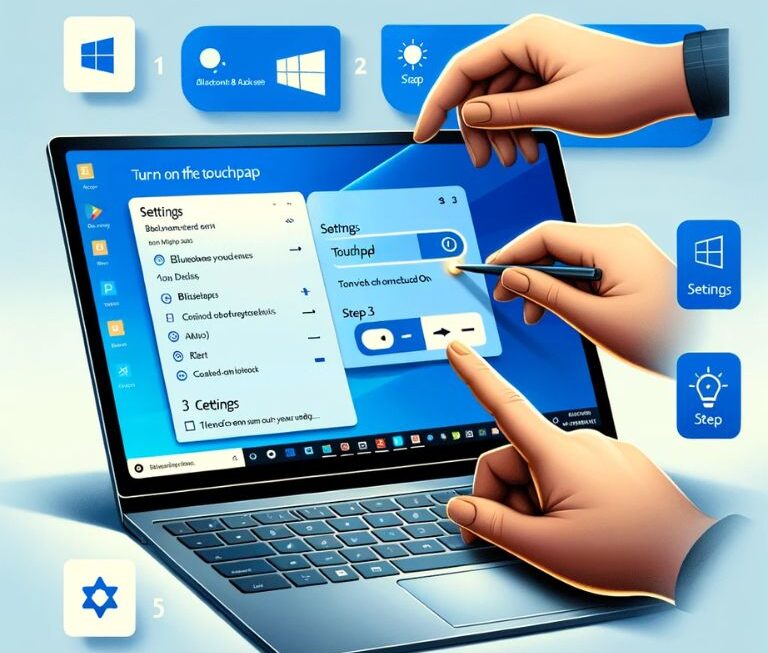In an era where technology seamlessly blends into our daily lives, voice recognition technology stands out as a transformative force. Evolving from simple, often unreliable voice commands to the sophisticated intelligence of today’s smart assistants, this technology has redefined human-device interaction. Siri, Alexa, and Google Assistant, which were once groundbreaking novelties, have now become ubiquitous, deeply integrated into the fabric of our daily routines.
Historical Context and Evolution
The journey of voice recognition technology is a remarkable story of gradual, yet impactful, evolution. Initially, it offered limited functionality, understanding only specific commands and often misinterpreting human speech. Over the years, significant milestones, such as the integration of neural network-based algorithms and the incorporation of contextual understanding, have dramatically enhanced its capabilities. This evolution has transformed voice recognition from a niche technology to a mainstream tool, laying the foundation for the development of smart assistants.
Technological Breakthroughs
The recent advancements in voice recognition technology are nothing short of revolutionary. Machine learning and artificial intelligence have been game changers, enabling systems to learn from vast datasets and improve over time. This continual learning process has significantly increased the accuracy of voice recognition, allowing it to understand various accents, dialects, and languages. Furthermore, advancements in natural language processing have enabled smart assistants to understand and respond to complex queries, making interactions more natural and human-like.
Rise of Smart Assistants
Smart assistants like Siri, Alexa, and Google Assistant represent the pinnacle of this technological evolution. Initially programmed for basic tasks, they have rapidly evolved into sophisticated AI companions capable of managing a wide array of tasks. Their ability to integrate with various devices and platforms has made them central hubs in smart homes and essential tools in many businesses. These assistants have transcended their roles as mere tools, becoming reliable companions that understand individual user preferences and habits.
Integration and Impact on Daily Life
The integration of smart assistants into daily life has been both profound and subtle. They assist with mundane tasks like setting alarms, managing schedules, and controlling smart home devices, but their impact goes beyond convenience. For individuals with disabilities or mobility challenges, smart assistants have been a boon, offering greater independence and accessibility. They have also found applications in education, healthcare, and customer service, showcasing their versatility and adaptability.
Challenges and Future Prospects
Looking ahead, the potential for voice recognition technology and smart assistants is boundless. We can anticipate more intuitive interfaces, deeper integration into various sectors, and even the development of emotion recognition capabilities. However, this bright future is not without its challenges. Privacy concerns, data security, and ethical considerations around AI are pressing issues that need to be addressed. Ensuring that these technologies are developed and used responsibly will be crucial in shaping their future trajectory.
Conclusion
The rise of voice recognition technology and its embodiment in smart assistants mark a significant milestone in the intersection of technology and daily life. From its humble beginnings to its current status as a cornerstone of modern technology, this journey highlights the incredible potential of human ingenuity and technological innovation. As we embrace the future, it is evident that voice recognition technology will continue to play a pivotal role in shaping our interaction with the digital world, redefining convenience, accessibility, and efficiency.




